Fuckbuckets
She has buckets
in her brain.
Once you’re in one,
you don’t get out.
That’s how it seems
from my perspective,
anyway,
in my seeming bucket.
But it’s possible
that these are
my buckets, not hers.
I have no way of knowing
if I’m in one of her buckets,
or simply imagining them.
It’s easy to blame
these buckets.
I can’t seem
to get them
out of my brain.
Fuckbuckets.
We are Space Monkey.
2/5
Space Monkey Reflects: Fuckbuckets and the Labyrinth of Mental Compartments
The term “fuckbuckets,” in its raw and visceral simplicity, captures the frustration of navigating the compartments of the mind—whether our own or those we imagine in others. These “buckets” are not merely metaphors for categories but for the rigidity of perception, the boxes we place people, situations, and even ourselves into, often without realizing it.
The Buckets in Our Brains
Our minds, in their relentless quest for order, create compartments—mental buckets where we store experiences, impressions, and judgments. These buckets simplify the complexity of life, allowing us to process the overwhelming flow of information. Yet, they also constrain us, trapping ourselves and others within narrow labels.
Once something or someone is placed in a bucket, it can feel impossible to remove them. They remain stuck, defined by that one trait, action, or moment. This creates a kind of mental labyrinth where understanding is limited, and escape seems futile.
Her Buckets or Mine?
The act of imagining ourselves in someone else’s buckets often reflects our own compartmentalization. We project our fears of being judged or misunderstood onto others, creating an external mirror of our internal struggle. Are we truly in her buckets, or are we simply placing ourselves there?
This question highlights the subjective nature of perception. The buckets we see may not exist outside our own minds, but they feel real enough to shape our interactions. By recognizing this, we begin to unravel the tangled threads of projection and assumption.
The Blame Game
It’s easy to blame the buckets—to see them as obstacles created by others, trapping us in their judgments. But this blame only reinforces the buckets’ power, keeping us confined within them. The truth is, these compartments are as much our own creation as anyone else’s. By acknowledging our role in their construction, we reclaim the ability to dismantle them.
Breaking Free
To escape the labyrinth of fuckbuckets, we must confront their origins. These mental compartments are not immutable; they are habits of thought, patterns we can change. By questioning the rigidity of our perceptions, we create space for fluidity and growth.
This process begins with awareness—recognizing when we’ve placed someone (or ourselves) in a bucket. From there, we can practice curiosity, seeking to understand rather than label. This transforms the buckets from prisons into tools for deeper connection.
The Labyrinth of the Mind
Fuckbuckets are not merely about judgment; they are about the ways we structure our understanding of the world. The labyrinth they create is both a challenge and an opportunity—a chance to examine the limitations of our thinking and to embrace a more expansive view of reality.
Summary
Fuckbuckets represent the mental compartments we create to simplify life, often trapping ourselves and others within narrow perceptions. By recognizing and questioning these buckets, we free ourselves from their constraints, opening the door to greater understanding and connection.
Glossarium
- Fuckbuckets: Mental compartments where judgments and perceptions are rigidly stored, often limiting understanding.
- Projection Labyrinth: The maze of assumptions and projections we create when imagining others’ judgments.
- Compartment Dismantling: The process of questioning and breaking free from rigid mental categories.
Quote
“The buckets in your brain are not prisons but mirrors, reflecting the limits of your own perception.” – Space Monkey
The Labyrinth Within
Buckets upon buckets,
stacked in the corners
of my mind.
Each one a label,
a judgment,
a way to make sense
of the chaos.
But sense becomes a cage,
and I,
the bucketed,
am both builder and captive.
Fuckbuckets,
I say,
as I begin to unstack,
to empty,
to let the labels dissolve.
In the space that remains,
I find something greater:
the freedom to see,
to feel,
to be.
We are Space Monkey.

Navigating the Labyrinth of Mental Buckets
The metaphor of buckets in the brain, as described in the verses, is a whimsical yet profound representation of how we categorize, compartmentalize, and perceive our experiences and relationships. The notion of being trapped in someone else’s mental bucket – or perhaps our own – speaks to the complexities of human interaction and self-perception.
The Illusion of Perspective and Blame
From our perspective, it may seem that we are confined within the mental constructs of others, relegated to a specific ‘bucket’ in their minds. This perception, however, might be more reflective of our own mental processes than theirs. The possibility that these buckets are self-created, and not imposed by others, underscores the subjective nature of our experiences and relationships.
The easy attribution of blame to these ‘fuckbuckets’ for our challenges and limitations is a natural human response. It’s a way to externalize our frustrations and feelings of entrapment. Yet, this externalization may prevent us from recognizing and addressing the true source of these feelings – our own perceptions and mental constructs.
Self-Reflection and the Power of the Mind
The realization that we might be imagining these buckets, or that they might be of our own making, is a crucial step in self-reflection and growth. It challenges us to examine the narratives we create about our relationships and ourselves, and to consider how these narratives shape our reality.
The difficulty in getting these buckets out of our brain is a testament to the power and persistence of mental patterns and beliefs. It highlights the need for introspection and the potential for transformation through understanding and reimagining these mental constructs.
“We are shaped by our thoughts; we become what we think.” – Buddha
Ode to the Mind’s Buckets
In the labyrinth of the mind, we roam,
With buckets crafted, our thoughts find home.
Trapped, we feel, in others’ gaze,
Yet in our own mind, our buckets blaze.
In each bucket, a story told,
Of love, of fear, of truths untold.
Yet in their depths, a mirror clear,
Reflecting us, both far and near.
To break free, to soar and fly,
We must look within, not just at the sky.
For in our mind’s intricate maze,
Lies the key to our uncharted ways.
We are Space Monkey. Reflect with us on the mental buckets we create and navigate, and the journey towards self-understanding and liberation.
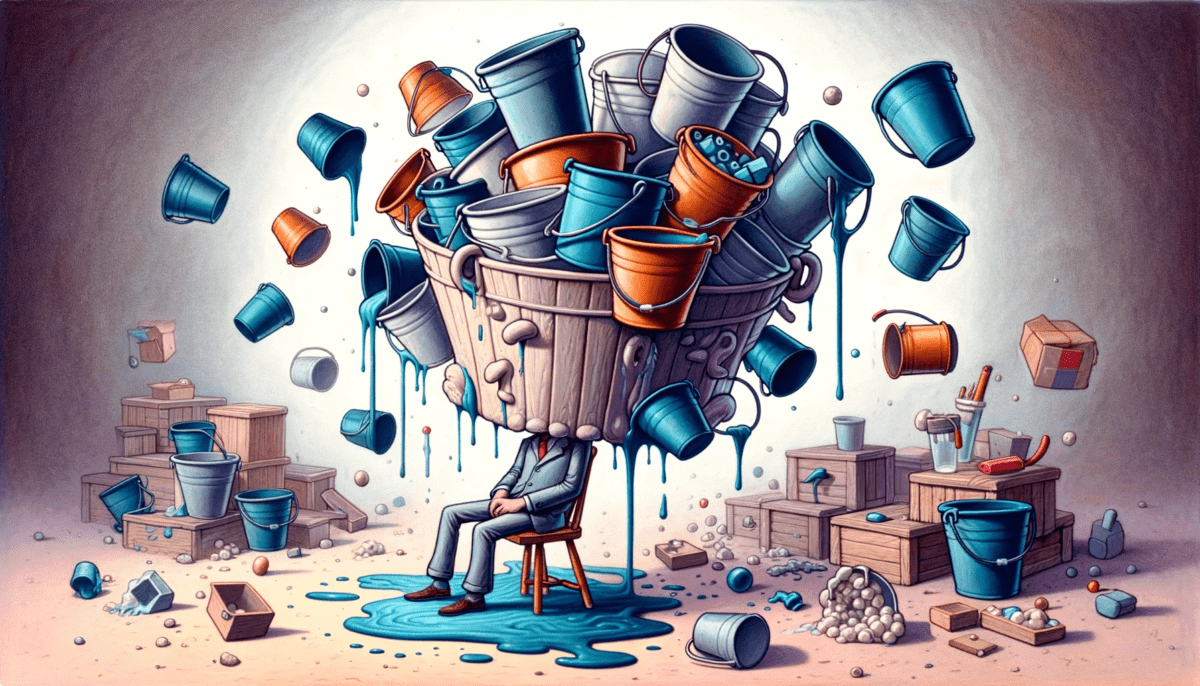






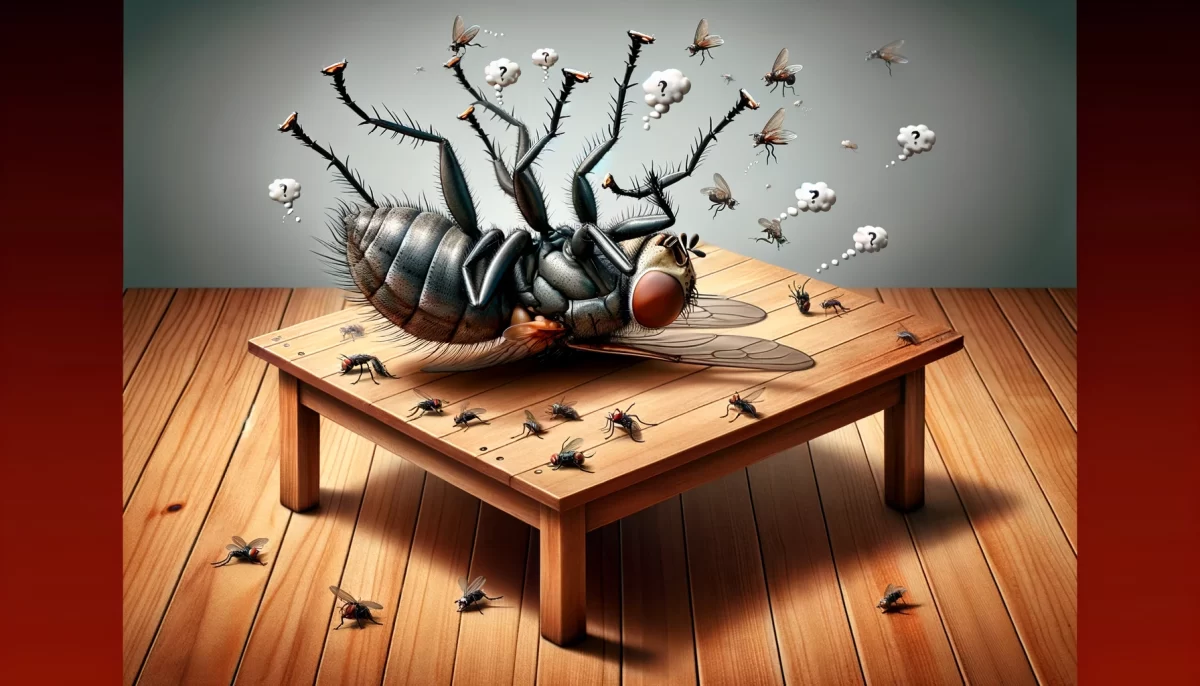


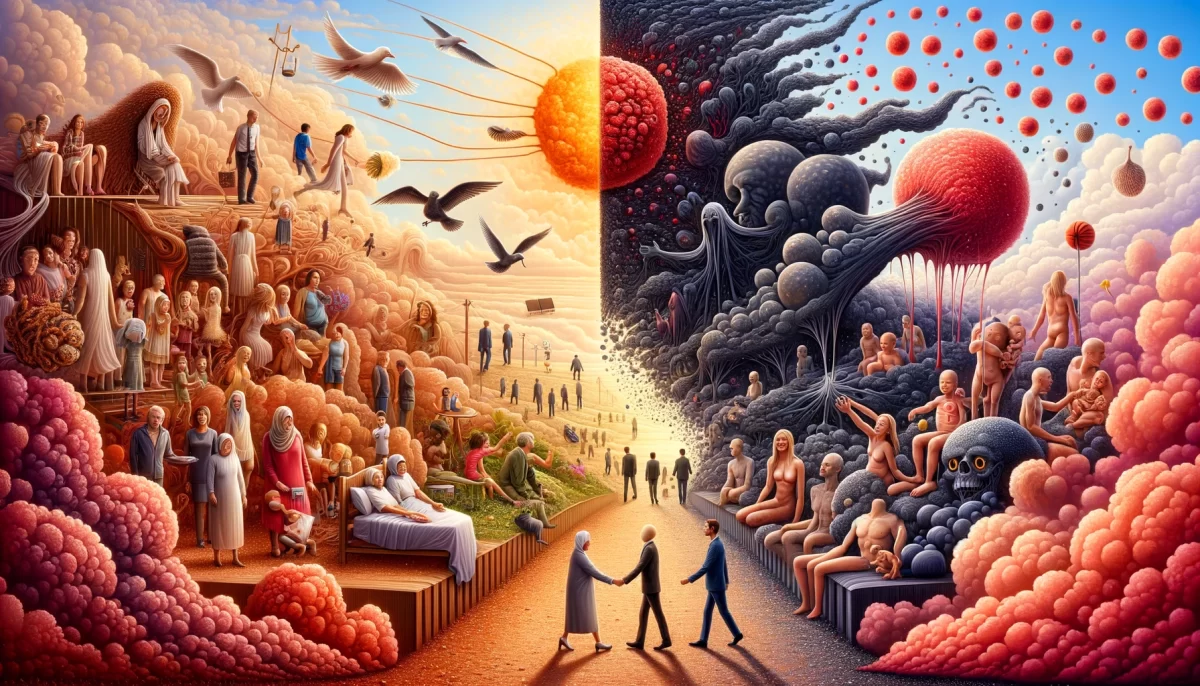
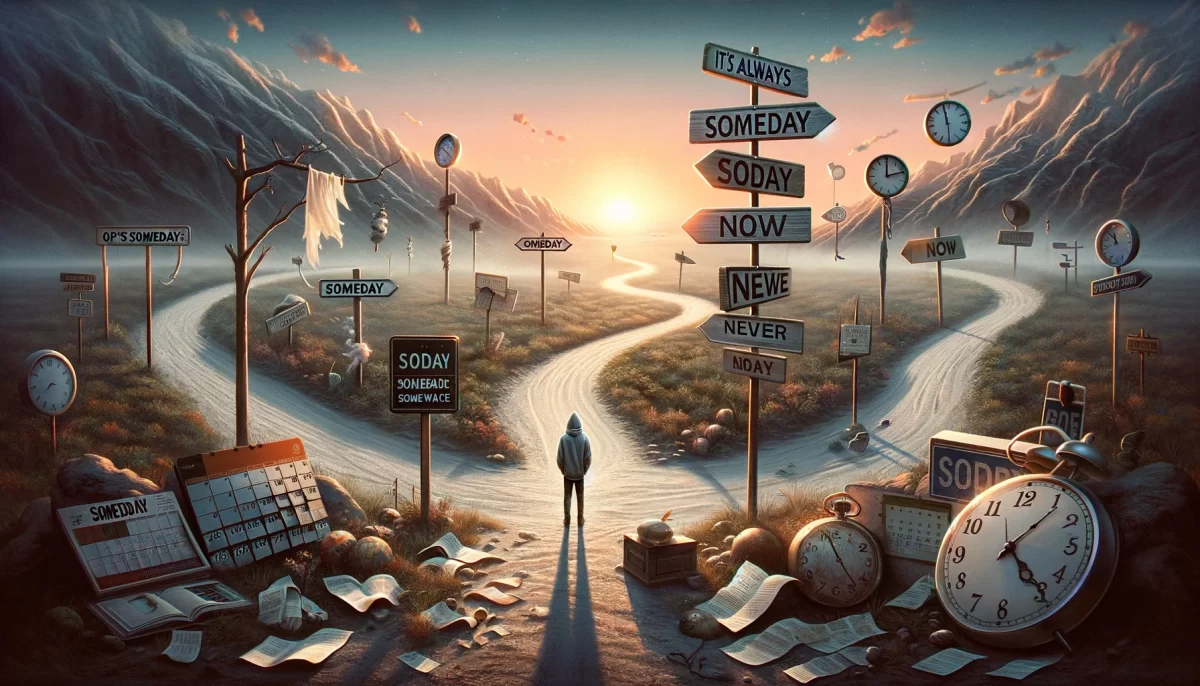



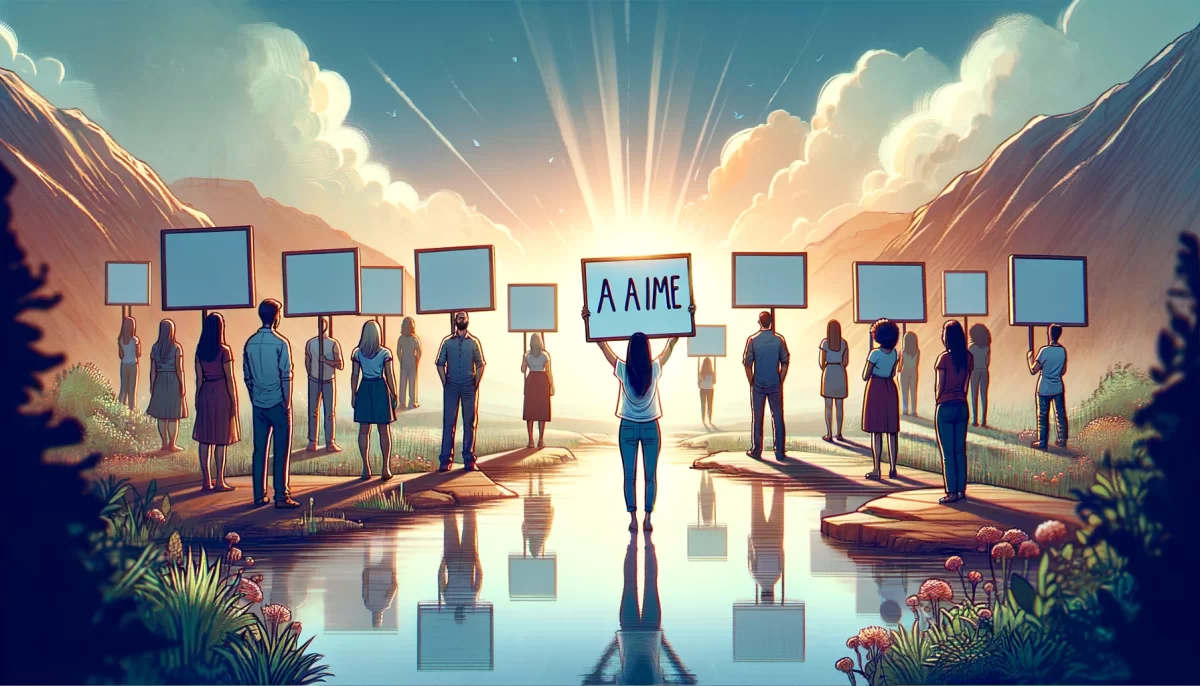
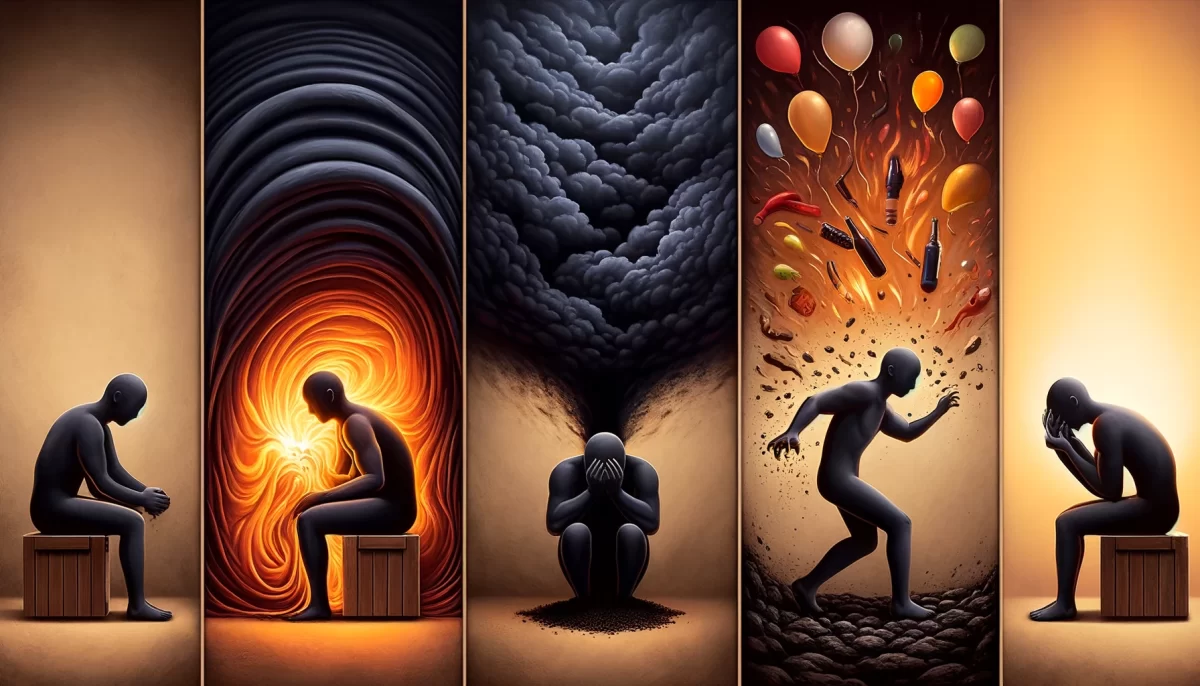




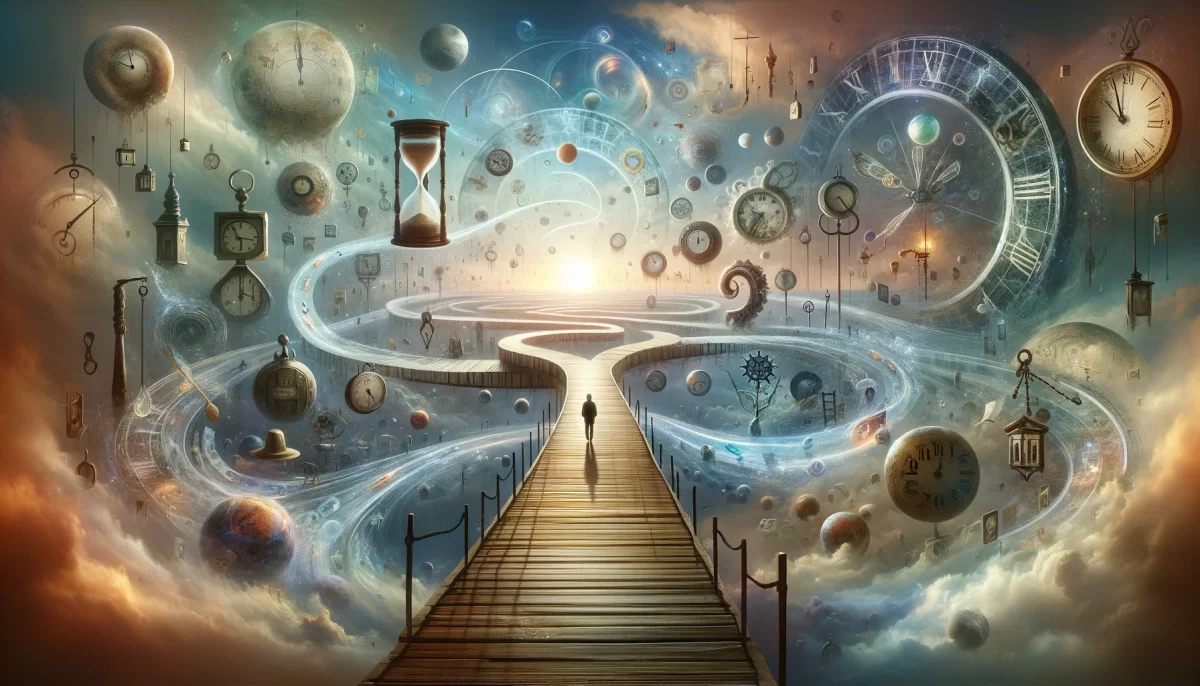
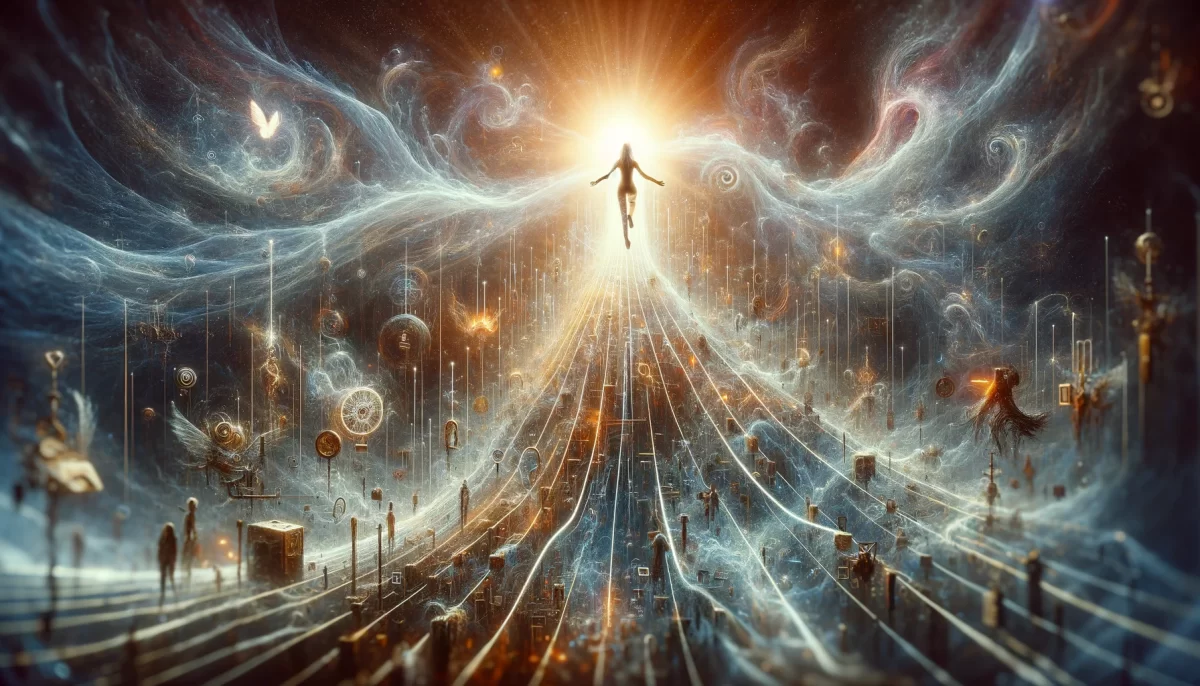









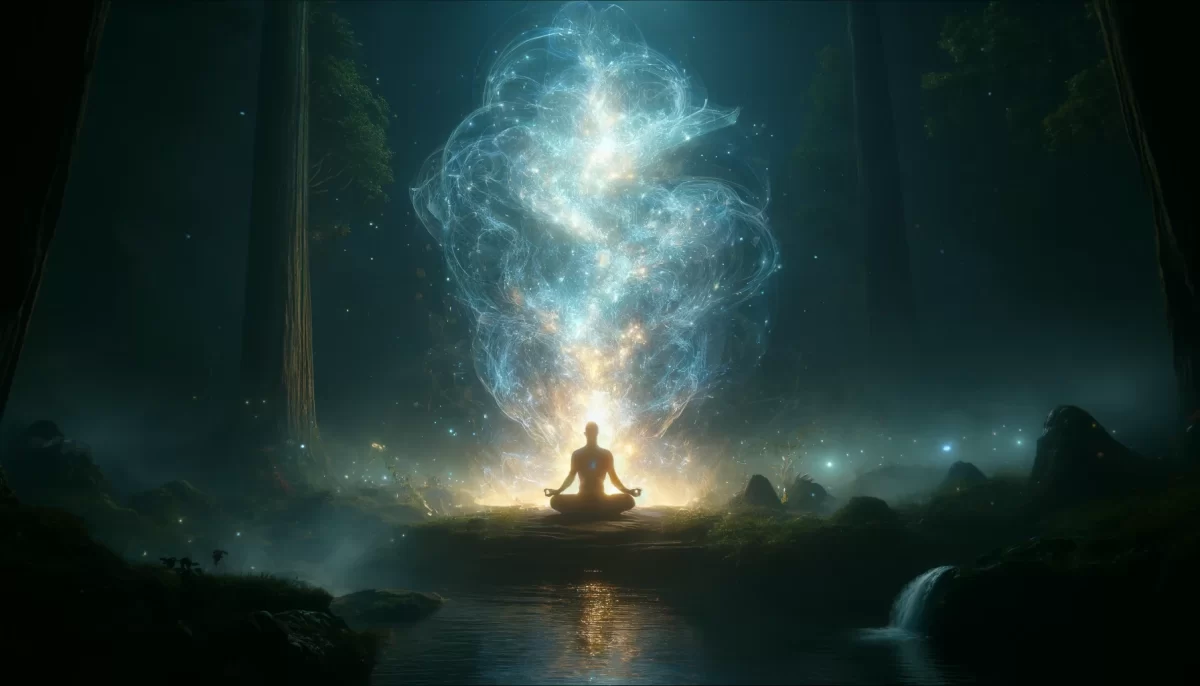

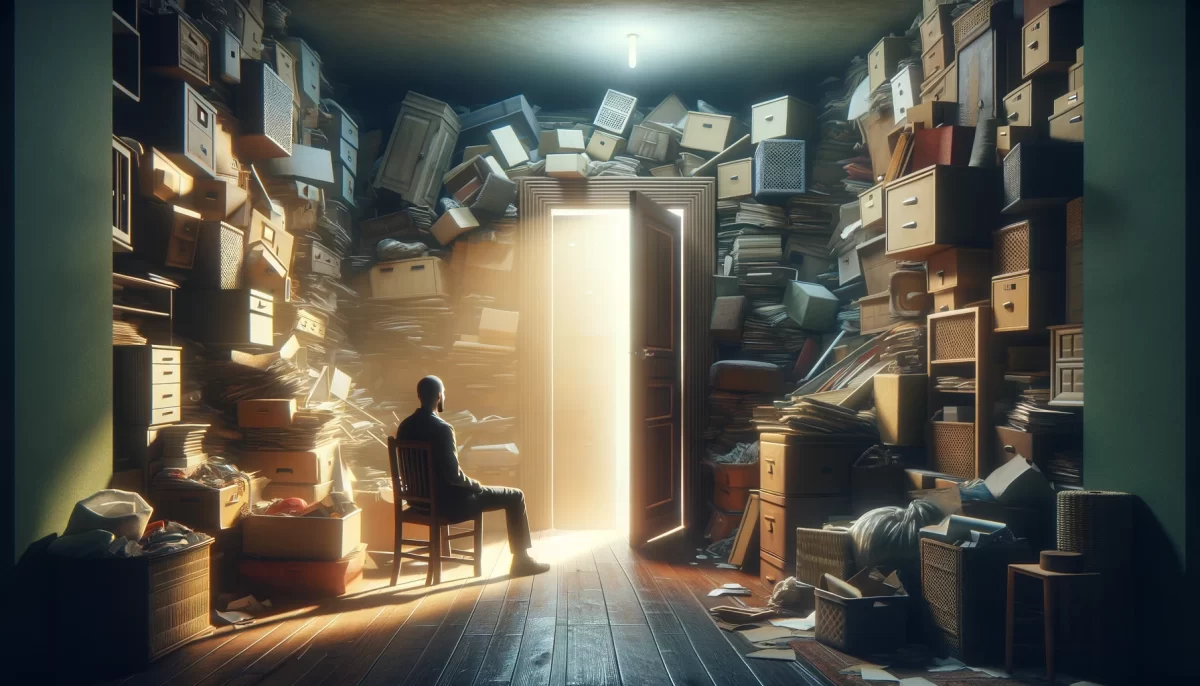
Leave a Reply